At the seminar "Special policy for developing national strategic technology" organized by the Institute of Vietnam and World Economics (Vietnam Academy of Social Sciences) on March 17, many scientists and experts in the fields of technology and economics made proposals for developing science and technology.
Experts say that we have talked a lot about artificial intelligence, semiconductors, biotechnology... as extremely important, but it is necessary to clearly define which fields are strategic technologies.
Lack of big problems
At the event, Professor, Doctor of Science Ho Tu Bao - Director of the Data Science Laboratory, Institute for Advanced Study in Mathematics announced some figures on the budget allocation of countries such as the US, France, Germany, Japan, which spend more than 60% and China 83% of science and technology resources on research and development.
Professor Bao commented that Vietnam's science and technology is still academic, focusing on basic research and has not been transformed into production.
Citing data from the Ministry of Education and Training, as of August 2024, Vietnam had approximately 743 professors, more than 91,000 university lecturers, and more than 23,776 PhDs. He asked: "How many of these people are associated with the country's production and development?"
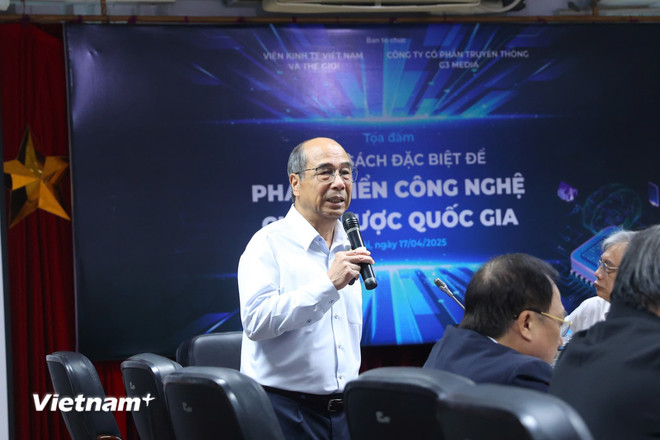
Mr. Bao also pointed out some challenges that Vietnam's science and technology sector is facing, such as a lack of connection with production: "Science and technology lacks motivation from the real needs of the economy and businesses. When looking at R&D, we are focusing more on research (R) than development (D)."
Professor Ho Tu Bao also emphasized that we are lacking national key programs (Top-down).
"We lack 'big problems' set by the state to concentrate good resources to solve, but the "Bottom-up" approach is popular. These are research topics that mainly come from the ideas and personal strengths of scientists, mainly for building forces but difficult to create major breakthroughs and solve important national problems."
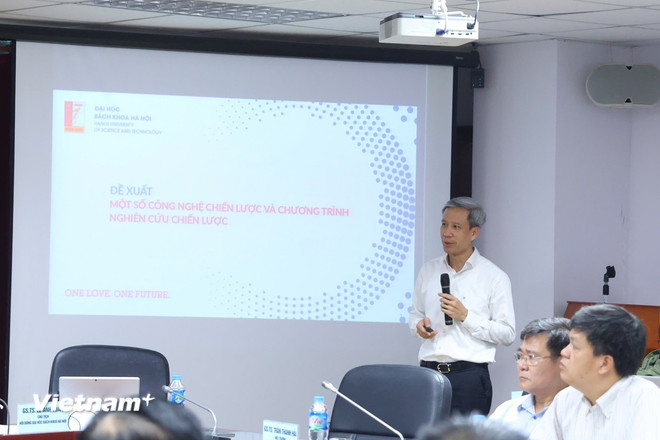
According to Professor, Dr. Le Anh Tuan - Chairman of the Council of Hanoi University of Science and Technology, Vietnam needs to orient the development of specialized chips and participate in the global supply chain.
“Currently, we can focus on mid-range specialized chips (for example, Viettel develops 28-150nm telecommunications chips), while high-end phone chips (3-5nm, approximately 20 billion transistors) require huge investment. Vietnam is not yet capable of complete self-sufficiency but can participate in certain stages," Professor Tuan shared.
He also proposed some technologies such as: Automation and Robot technology with early potential, applied in smart manufacturing, logistics, urban sanitation, epidemic prevention. New Materials and Clean Energy Technology: Applied in the development of clean transportation, sustainable construction infrastructure, energy saving. This is an area that Vietnam can participate in. Dual-use Technology: It is necessary to promote the development of technologies that serve both socio-economic and national defense and security. Vietnam has strengths and capabilities in the field of defense industry. For example: Developing space technology, UAV. Biotechnology and Biomedicine: Serving preventive medicine, vaccine production, pharmaceuticals, urban health management. High-tech Agricultural Technology: Developing high-tech plant and animal varieties, which can complement biotechnology.
“Artificial Intelligence (AI) has the ability to change the foundation, towards smarter robots. Big Data, Internet of Things (IoT). Blockchain technology also needs to be considered and applied in land management, public administration, and transparency of public finance," Professor Tuan proposed.
In particular, Cyber Security and Information Security technology need to be given great attention to ensure data and information system safety in the upcoming comprehensive digital transformation process.
The Chairman of the Polytechnic University Council emphasized that to deploy strategic technology, it is imperative to have corresponding strategic mechanisms. Not only relying on the national budget, but also requiring the participation of localities, the whole society and businesses.
The center of the science and technology ecosystem must be businesses.
At the seminar, Associate Professor, Dr. Nguyen Van Thanh - Vice Chairman of the Central Theoretical Council shared: "We need to clearly define Vietnam's strategic technology portfolio in a focused and focused manner, instead of the previous scattered portfolios (priority, spearhead...). We need to carefully analyze the strengths, weaknesses, opportunities, and challenges of each technology choice, learning from both successful and failed experiences in the world.
Associate Professor Nguyen Van Thanh expressed: "We need to act urgently, because time and opportunity do not wait. In particular, there needs to be a synchronous policy to train and develop high-quality human resources, because technology cannot develop on its own without people to operate and innovate."
Professor, Dr. Chu Duc Trinh - Principal of the University of Technology (Vietnam National University, Hanoi) said that Resolution 57 of the Politburo aims to bring science and technology into all areas of life, gradually mastering strategic technology and digital technology.
According to him, in order for Resolution 57 to go deep into life, the State needs to have a "creative" policy so that all relevant parties can be most creative in their strongest fields: Enterprises must be the best in doing business, scientists must be good at research...
"In the coming time, we must promote private enterprises; must nurture private enterprises, create a very long-term vision. The center of the science and technology ecosystem must be enterprises, scientists will accompany as a research and development department of enterprises," Mr. Trinh proposed.
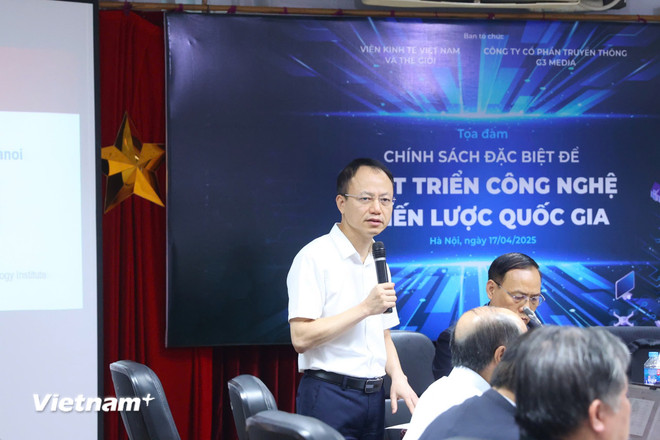
Agreeing with the above viewpoint, Professor, Dr. Tran Xuan Tu - Director of the Institute of Information Technology and Semiconductors (Hanoi National University) said that it is necessary to see enterprises as the center of the innovation ecosystem.
"We need to determine what technology businesses will focus on in the next 5-10 years. From this topic, we will invest in science and technology at universities and research institutes. After 5-10 years, human resources trained at universities will meet the requirements of businesses when deploying new technology," said Mr. Tu.
Regarding international cooperation, Mr. Tran Xuan Tu said that there should be an open mechanism to create natural connections between domestic and foreign scientists. "Every time we want to organize an international conference, the process of getting permission is very complicated, taking 5-6 months," Mr. Tu said that this is something that needs to be changed immediately./.
Source: https://www.vietnamplus.vn/viet-nam-can-chinh-sach-dac-biet-de-phat-trien-cong-nghe-chien-luoc-post1033490.vnp




![[Photo] General Secretary To Lam meets and expresses gratitude to Vietnam's Belarusian friends](https://vphoto.vietnam.vn/thumb/1200x675/vietnam/resource/IMAGE/2025/5/11/c515ee2054c54a87aa8a7cb520f2fa6e)
![[Photo] General Secretary To Lam concludes visit to Russia, departs for Belarus](https://vphoto.vietnam.vn/thumb/1200x675/vietnam/resource/IMAGE/2025/5/11/0acf1081a95e4b1d9886c67fdafd95ed)
![[Photo] General Secretary To Lam arrives in Minsk, begins state visit to Belarus](https://vphoto.vietnam.vn/thumb/1200x675/vietnam/resource/IMAGE/2025/5/11/76602f587468437f8b5b7104495f444d)

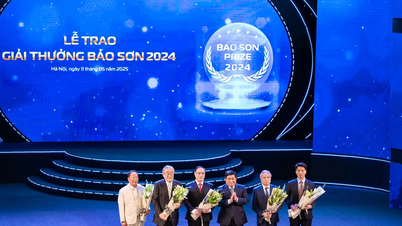
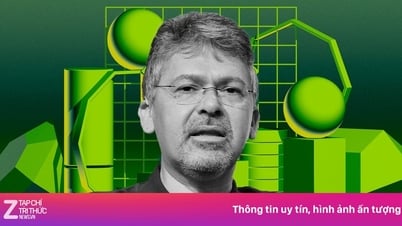
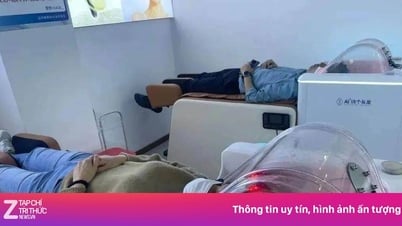

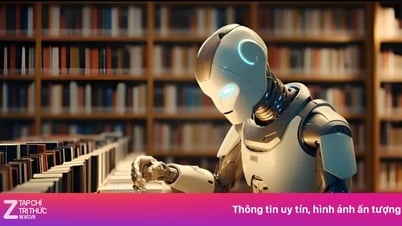
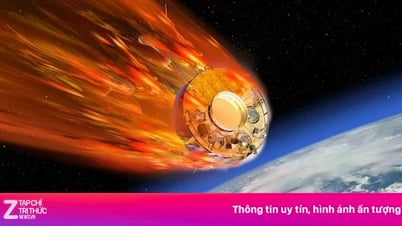








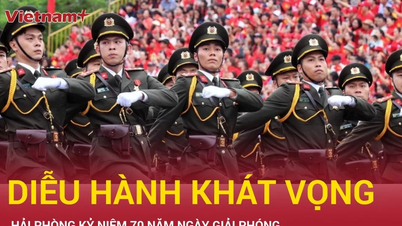
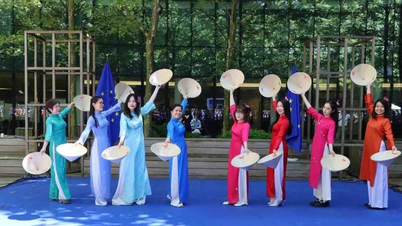

![[Photo] National Assembly Chairman Tran Thanh Man attends the Party Congress of the Committee for Culture and Social Affairs](https://vphoto.vietnam.vn/thumb/1200x675/vietnam/resource/IMAGE/2025/5/11/f5ed02beb9404bca998a08b34ef255a6)












































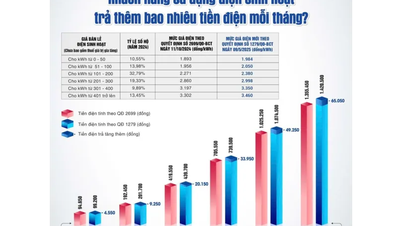

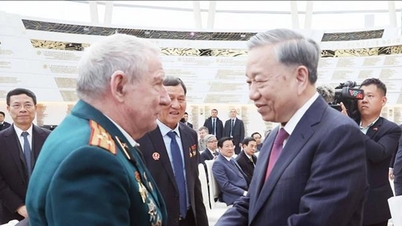
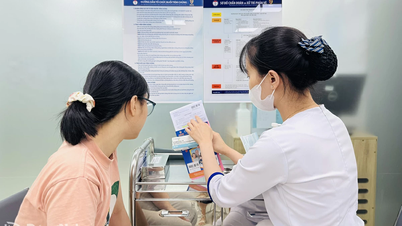

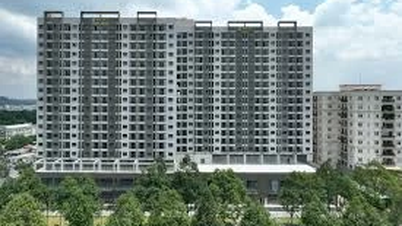











Comment (0)